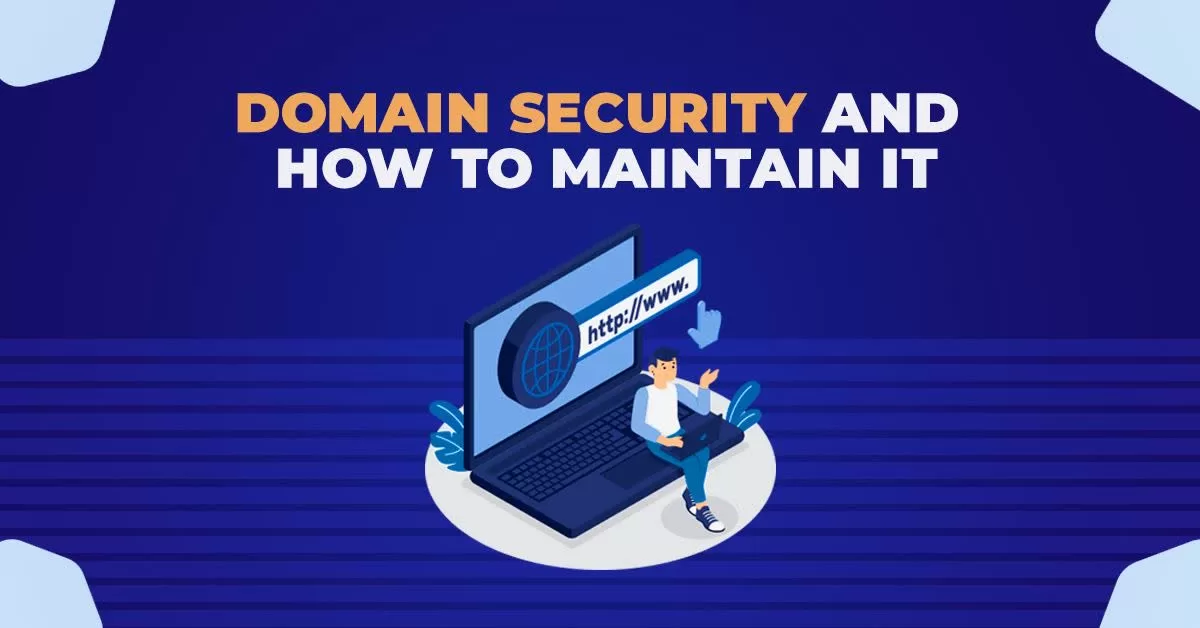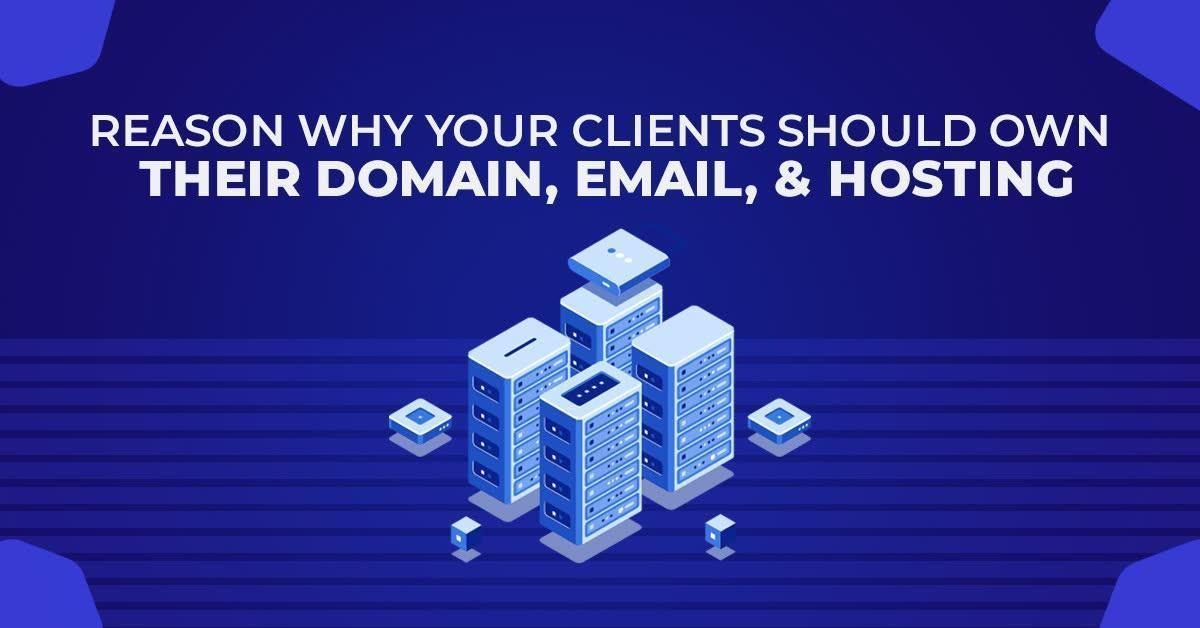Domain Security And How To Maintain It
Domain name security is important for the smooth operation of the internet. The Domain Name System (DNS) is a critical part of the internet’s infrastructure, providing a distributed database that maps human-readable domain names (e.g. www.example.com) to the corresponding numeric IP addresses (e.g. 192.0.43.10).
A Glance At Domain Security
The DNS is vulnerable to a variety of attacks that can disrupt its operation and jeopardize the security and availability of internet services. The most serious of these attacks is DNS cache poisoning, which can redirect internet traffic to malicious sites that can infect visitors’ computers with viruses or spyware, or even steal sensitive information such as passwords and credit card numbers.
Protection of domain should be the top priority for large enterprises, start-up companies, organizations, e-commerce websites, and other sites owned by individuals. Apart from leading users to the website, the domain name also represents the brand. This means that when a cyber attack is carried out on the domain name, there will definitely be a huge loss in data, severe data breach, loss of financial status, loss of reputation and reliability and so much more.
Over the past several years, the domain registrars and domain registries of ICANN have invested in technical, operational, and financial resources to make sure that the DNS (Domain Name System) stays secure and maintains stability amidst the increasing cyber attacks such as malware infections, spam, botnets and various other forms of digital attacks. Apart from the industries, each and every individual must also take precautionary steps in order to keep their domain away from all sorts of possible cyber attacks.
Nowadays, domain names have become the most vital part of an enterprise or a company’s brand. Hence it is widely targeted by attackers or hackers. Now that you know the seriousness of maintaining domain security, let’s move on to know more about how to protect the domain name from unwanted threats and intentional attacks from rivals.
Here’s How To Maintain Domain Security
- Select A Registrar That Focuses On Domain Security
While you decide on a domain registrar, make sure to check for robust security where the patches are carried out regularly. The security system must be away from vulnerabilities and loopholes, and most importantly it must not be outdated.
The domain security provider must be completely aware of all the latest security threats and the precautionary steps to avoid such kinds of breaches or attacks. Intense security control must be in place and the recent security trends must be made known to all the employers working in the company or enterprise.
- Multiple–Factor Authentication
Nowadays having more than one authentication system is mandatory. Two-factor authentication or multiple-factor authentication enhances the level of security that is associated with logging into a session. This multi-factor authentication prevents login credentials from getting compromised. Only authorized users should have access to all confidential or sensitive information or data.
As an owner of a huge firm, enterprise or organization it is necessary to keep all the login credentials of your clients and users in a secure and safe manner. By implementing the multi-factor authentication system like passwords along with biometrics, OTP (One-Time Password), confirmation mail, etc. the web management, domain, and DNS accounts can be protected at all costs.
- Email Addresses Must Be Safeguarded
All the email addresses that are associated with the site must also be protected in order to maintain domain security. If an attacker or hacker gets access to your inbox, they will get complete control over the valuable information that you have sent and received through email. Surfing through the inbox might also give out sensitive or private data like bank account information, login credentials to several sites, etc.
Within a few steps, the password of the account can be changed and the intended user could lose complete access and get locked out from their own email account. To avoid such cases, two-factor authentication or multi-factor authentication gets implemented.
- Removal Of Sensitive Data From WHOIS
WHOIS is one of the best and most used information-gathering platforms. It is widely used by professionals and experts to gather information about a company or an organization. Moreover, hackers also make use of this platform to carry out the footprinting process with respect to the target website.
WHOIS publishes the name of the owner, domain of the server, IP address, and contact details including contact number, email address, company’s physical address and so much more. Though it is hard or sometimes impossible to remove the data from WHOIS regarding a website, it is best to avoid providing private information. So, instead of providing personal name, address, and contact details it is advised to provide the organization’s name, address, and contact details. This prevents crimes like identity theft.
- Implementing Domain Lock
Each and every domain must have a registry lock which is the domain lock, this is essential for all e-commerce platforms. Right at the registry level, all the confirmations of the domain get frozen by the registry lock until a high-end security protocol is implemented. This prevents cyber attacks such as social engineering, hijacking, erroneous nameserver updates, etc.
- SSL Certificate Validation
To ensure trust, sites make use of SSL certificates (Secure Sockets Layer). This is known as the digital certificate, which has the ability to authenticate a website’s identity and put forth an encrypted connection between the clients and the server.
- Phishing Attacks
Every e-mail user must have come across a phishing attack scenario and many have also fallen prey to it. It is not a piece of cake to constantly protect a site from all possible dangers as there are highly skilled hackers with high-tech tools to cause breaches or attacks even with a small loophole.
One of the most common cyber attacks that are carried out through email is phishing attacks. All employers and individuals must be made aware of the possible threat that accompanies phishing attacks. Always be careful where you provide your login credentials. Verify the site’s authenticity and then carry on with providing the credentials.
Conclusion
Protecting your domain is your responsibility indeed. Though domain registries and registrars take extreme measures to safeguard the domain and the platforms associated with it, it is necessary for all users as well to play a role in making the domain more secure and away from the reach of hackers.






































